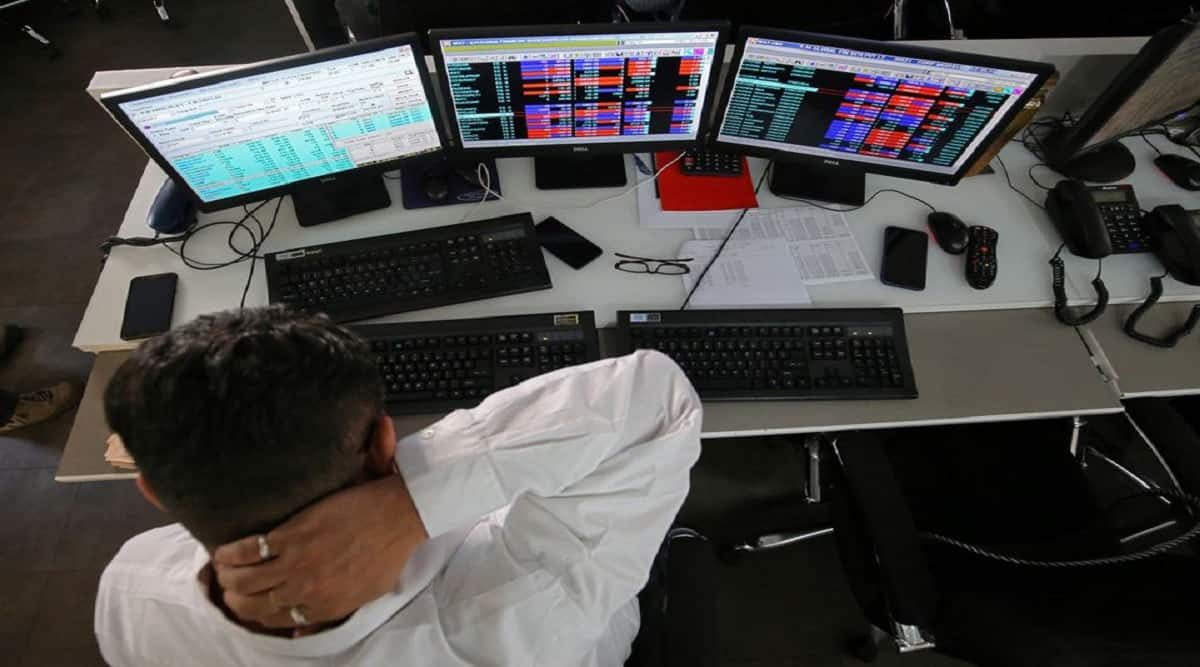Global fund managers are underweight on equities, the monthly Bank of America (BofA) survey showed. The underweight positioning of fund managers is the highest since May 2020 – a net 15% underweight in June 2022, as opposed to net 13% overweight in the previous month. Global stock markets have been nervous in recent months with multiple headwinds ahead including rate hikes, inflation, and supply chain bottlenecks. The fund manager’s survey showed that cash levels have dropped to 5.6% from 6.1% but still remain high. It is important to note that the BofA survey was held before last week’s inflation figures were released.
So far this year the Dow Jones is down 16% while India’s Nifty 50 has dived more than 10%. BofA said that the US stock markets officially entered a bear market as the June BofA Fund Manager Survey signals deeper investor misery. The survey added that Wall Street sentiment is dire.
In terms of asset allocation, investors are long cash, healthcare, commodities and energy. On the other hand, they are short bonds, consumer discretionary, utilities, and equities. Month-on-month basis, BofA survey showed that in the past 4 weeks FMS investors have increased their allocation to bonds, Eurozone, EM, and technology. “…at the same time rotating out of defensive sectors such as staples, healthcare, and utilities, and decreased cash.”
Despite the reduction in cash and increase in bond allocation, fund managers are still most bullish on cash and most bearish on bonds. In terms of regions, survey participants highlighted that they are bearish on equities from Japan, UK, EU, US, and EMs as well. “67% of FMS investors think oil will produce the best returns in 2022 (up from 56%),” the survey added.
Growth optimism weak
Further, the BofA survey showed that optimism about global growth has fallen to a new low. “Net percentage of FMS investors expecting a stronger economy fell to -73%, lowest since 1994,” BofA said. They expect inflation to be high over the next 12 months, paving the way for stagflation. The fear of stagflation is the highest since June 2008.
Accompanying the weak growth optimism, fund managers also expect global profit expectations to fall. With this in mind, investors are rooting for companies to “play it safe”. “Investors want companies to strengthen their balance sheets (at 44% up from 41%, highest since Jan’21) rather than increase spending on capex or return cash to shareholders via buybacks,” they said.

Leave a Reply